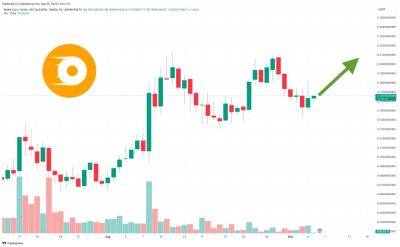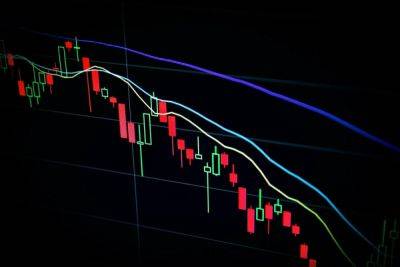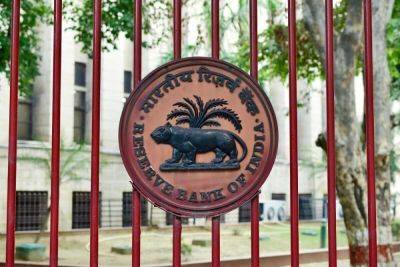Chinese gov’t fires up the printer — How will it impact Bitcoin price?
News headlines have recently covered how China's struggling economy poses significant risk to global growth. Economic activity and the flow of credit in the region are weakening and analysts are not convinced that the Chinese government’s interventions are a sufficient fix for what appear to be structural problems.
For instance, industrial output in July increased by 3.7% compared to the previous year, which is slower than June's growth rate of 4.4%. Furthermore, Chinese banks issued 89% fewer new loans in July versus June, the lowest since late 2009.
Beyond its impact on global economic growth, there's concern among investors that the turmoil in China's real estate market might trigger a ripple effect on the U.S. dollar and commodities. This, in turn, could create an unfavorable scenario for Bitcoin (BTC).
On Aug. 28, the Shanghai Shenzhen CSI 300 Index, a key indicator of the Chinese stock market, initially surged by 5.5% before ultimately closing the day with a 1.2% gain. Despite this improvement, Chinese shares continue to be among the poorest performers globally in equity indexes tracked by Bloomberg.
Bitcoin traders have valid concerns about potential repercussions from the Chinese stock market's fluctuations. This unease arises from historical price trends and a broader shift in investor sentiment toward avoiding risk-on markets during periods of macroeconomic uncertainty.
As shown in the chart above, Bitcoin price performance tends to align with the overall movement of China’s stock market, although these movements can be predicted or happen with a time lag. In fact, the 30-day correlation between the CSI 300 index and Bitcoin/USD reached an unusually high 70% level on Aug. 28.
Interestingly, the recent surge in the
Read more on cointelegraph.com






















